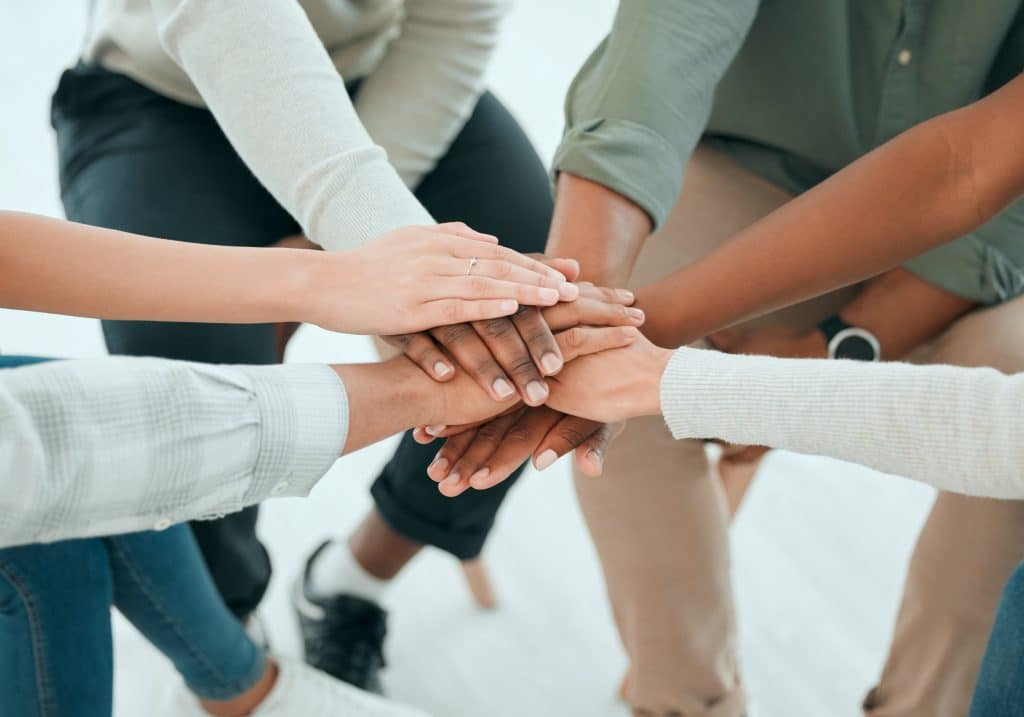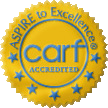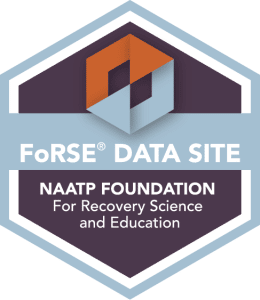We provide quality, compassionate, and comprehensive care for adults in need of substance abuse treatment. For over 20 years, we have been helping individuals transform their lives. Health and happiness can be found free of drug and alcohol dependence.
We use an innovative approach that promotes healing of the whole person – mind, body, and spirit. Our programs combine proven effective psycho-social-spiritual therapies and 12 step approaches with some of the most progressive modalities available. This combination restores physical and neurological health and enhances spiritual well-being.

We started out as a small treatment center with a strong sense of community and a commitment to excellence. We’re in that same place today. We are a relatively small facility of 24 beds, but not because we are opposed to growth – we grow and improve our program and services every day. We remain small as a facility because it works, allowing clients to achieve a level of comfort, trust, and openness with our staff and their peers that is uncommon in a treatment setting. That level of intimacy and the honesty it engenders helps our clients to work successfully through the most challenging and sensitive issues – knowing that they are supported and cared for every single step of the way.
With no more than five clients assigned to a counselor at any time, we have one of the smallest client-to-clinician ratios among nationally recognized, accredited treatment centers. This allows counselors to not only establish deep and substantive relationships with each client, but enables them to work very closely and collaboratively with family members or other loved ones in mapping out treatment, transition, and relapse prevention plans that will best equip clients for long-term success.
Some of the most important values that clients can develop to maintain lasting sobriety are a sense of responsibility for themselves and a commitment to helping and supporting others. At Bridging the Gaps, our clients live, interact, and function as part of a close-knit community or team. Whether cooking meals together, helping to maintain their residences or keeping each other honest and accountable in group therapy sessions – clients learn that the success of a group is dependent on each member doing their part. They also learn to think of, and truly appreciate others – in spite of their differences. They develop a sense of camaraderie and commitment to one another that often lasts well beyond their days in treatment. This combination of teamwork and other-centeredness is something that clients both appreciate and come to depend on as they move forward in their recoveries.

We understand that addiction is a complex disorder, influenced by physiological, neurological, emotional and spiritual factors. Because it is rarely any “one thing” alone that prompts or sustains a substance abuse problem, our approach to treatment focuses on restoring the health of the whole person with careful attention to the dynamic interplay between our brains, bodies, and feelings.
We believe treatment is at its best when it helps to ensure not just abstinence, but freedom from the physical cravings, neurochemical imbalances, and unprocessed core emotional issues that so often lead to relapse. Our multi-faceted model of care starts clients on a road to happier, healthier, and more balanced lives in sobriety.
Each component of BTG’s program complements and reinforces the other, providing an integrated foundation for lasting sobriety and overall wellness.
Addiction is a chronic, progressive, and life-altering disease often characterized by periods of relapse and remission. But, with proper treatment and a multi-faceted approach to recovery, countless individuals find lasting change each and every day.
For most, effective treatment is critical – but it’s only the first step in a continuing process of learning to live a sober and happy life. At Bridging the Gaps, we are committed to setting all of our clients up for success. That means providing them with a range of knowledge, tools, and experiences that will afford them the best chance of maintaining sobriety.
A key ingredient to sustained abstinence for most individuals involves a system of ongoing support provided within the 12 Step communities. That’s why, in addition to our therapeutic modalities, we encourage clients to be actively involved in a 12 Step program.

Winchester has a large and diverse 12-step community that offers multiple meetings of the primary fellowships (Alcoholics Anonymous, Narcotics Anonymous) every day of the week. Residential clients are taken to daily 12-step meetings so that they can gain exposure to key concepts of the 12-step approach, become familiar with a variety of meeting formats, and have the opportunity to connect with people who can share their experiences and successes. Outpatient clients are also encouraged to attend daily meetings.
In addition to making daily meetings a part of their sober schedule and routine, BTG clients are all encouraged to be active participants in the fellowship by obtaining a sponsor, building a sober support network, and engaging in sober activities outside of the treatment setting. Clients are given opportunities to connect with 12 step community members before and after local meetings, at community 12 step gatherings, and can host members of their sober support network at the residential houses for meals and socializing.
This exposure to elements of 12-step programs provides clients with a foundation that has helped thousands of individuals stay sober and successfully transition to a life of recovery after treatment ends.
We utilize a phase-based treatment program consisting of three core phases and an extended fourth phase. Each phase is open-ended with respect to duration. As the client progresses through each phase, they are given increasing amounts of autonomy, which supports their transition back to life outside of treatment.
By providing a gradual transition from the treatment setting, we support the client in forming a solid foundation in his or her recovery, which ensures maximum opportunity for sustained quality sobriety.
Phase I is focused on physical and emotional stabilization and supports the client through early sobriety. Throughout a client’s course of treatment, a variety of treatment modalities are offered. Click on the image to learn more.

Phase II is designed to build upon the knowledge, insight, and experiences gained during Phase I. The clients therapeutically address the core issues associated with their disease of addiction. Click on the image to learn more.
In Phase III clients experience a return to life outside of treatment and are provided with the ability to therapeutically process daily stresses and the experience of sober life within the group and individual settings. Click on the image to learn more.
Phase IV is our continuuing care program. Clients receive a weekly individual session with the client’s primary care counselor and participate in a weekly group to process ongoing challenges in recovery. Click on the image to learn more.
Breaking the cycle of addiction is not an easy process. It often requires medical professionals and a strong support system to get you through it. Bridging the Gaps will work with you to find the right program that works for your specific needs. Our staff is here to provide comfort and care when you need it the most.
If you or your loved one suffers from drug abuse, don’t hesitate to visit our drug rehab in Virginia. Contact us today to learn more about addiction treatment with Bridging the Gaps.
Contact
31 S. Braddock Street
Winchester, VA 22601
Phone: 540-535-1111
Fax: 540-450-1205
admissions@bridgingthegaps.com
Addictions
Modalities


